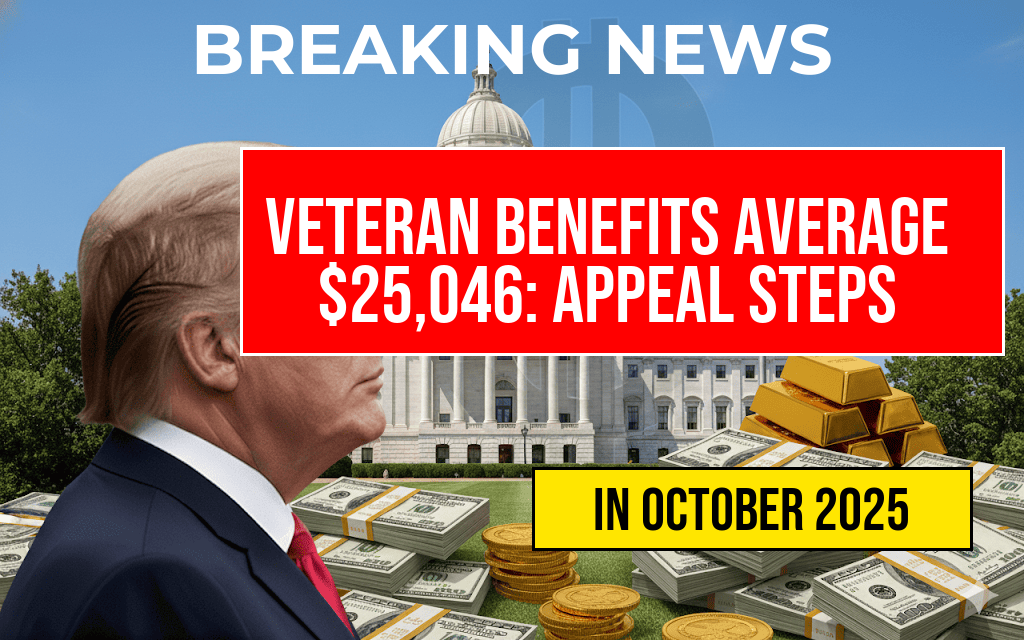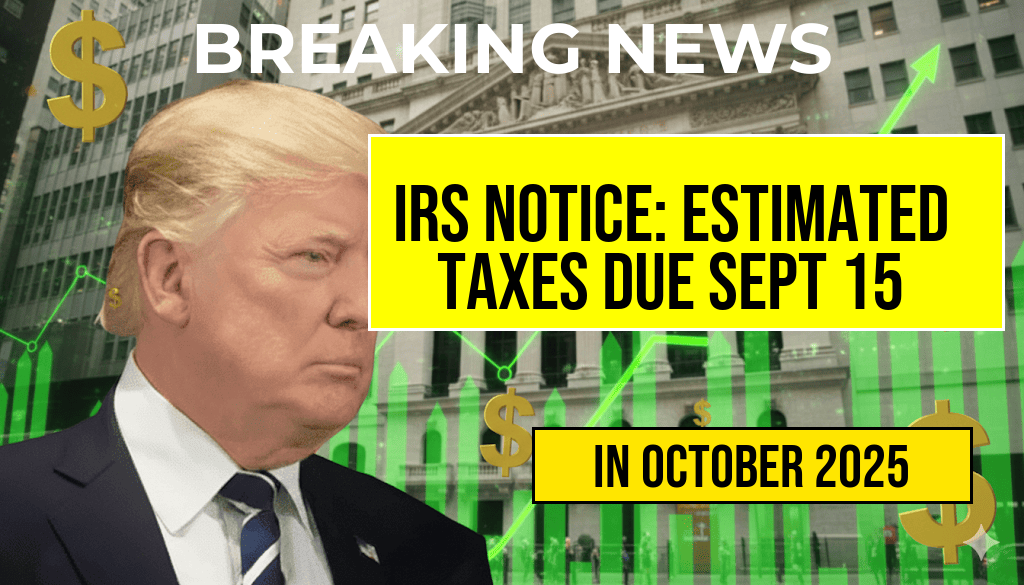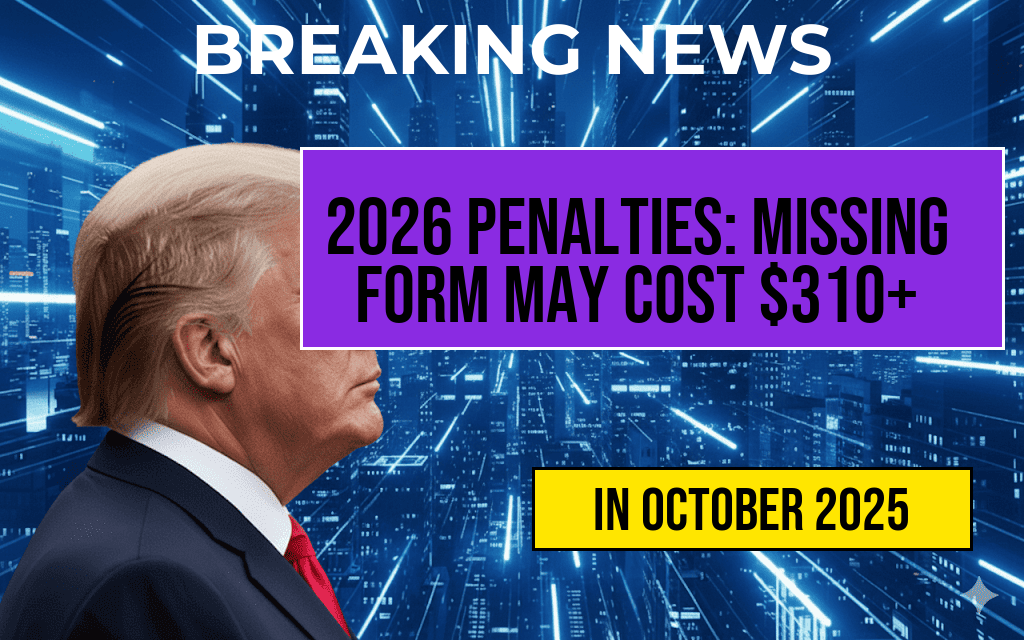The average veteran benefits have reached a significant milestone, totaling $25,046 per year. This figure represents a crucial support system for veterans who have dedicated their lives to serving the country. However, many veterans are still earning less than this average, leading them to seek ways to improve their benefits. Understanding the process of appealing for increased benefits is essential for those who find themselves in this position. For veterans earning less than $25,000, navigating the appeal process can be daunting, but with the right information and steps, they can enhance their financial support.
Understanding Veteran Benefits
Veteran benefits can include a variety of forms of assistance, including financial support, healthcare services, and education benefits. The Department of Veterans Affairs (VA) administers these programs, aimed at ensuring that veterans receive the care and support they deserve after their service.
Types of Benefits Available
- Disability Compensation: Provides financial assistance to veterans with service-related conditions.
- Pension Benefits: Offers financial support to veterans with low income, particularly those who are elderly or disabled.
- Health Care: Includes medical services through VA hospitals and clinics.
- Education Benefits: Covers tuition and fees for veterans attending college or vocational training.
Why Some Veterans Earn Less Than $25,000
Despite the average benefits being over $25,000, many veterans find themselves struggling financially. Factors contributing to lower earnings include:
- Transition difficulties from military to civilian life
- Health issues resulting from service
- Lack of access to education or training programs
- Geographical location affecting job opportunities
Steps to Appeal for Increased Benefits
Veterans earning less than the average benefit amount have the right to appeal their current benefits. The process can be complex, but following these steps can help streamline the appeal:
Step 1: Review Your Current Benefits
Before initiating an appeal, it is essential to understand your current benefits fully. Gather all relevant documentation, including your benefits statement and any medical records that support your case.
Step 2: Identify the Reason for the Appeal
Determine why you believe your benefits should be increased. Common reasons for appeals include:
- New medical evidence
- Changes in financial circumstances
- Errors in the initial evaluation of your claim
Step 3: File a Notice of Disagreement
If you believe your current benefits do not adequately support your needs, file a Notice of Disagreement (NOD) with the VA. This document formally initiates the appeal process and must be submitted within one year of the decision you are contesting.
Step 4: Prepare Your Case
Gather additional evidence to support your appeal. This may include:
- Medical records
- Personal statements outlining your financial situation
- Letters of support from family or friends
Step 5: Attend a Hearing (if necessary)
In some cases, veterans may be required to attend a hearing to present their case. This is an opportunity to explain your situation to a VA representative and provide any additional evidence.
Resources for Veterans
Veterans looking to appeal their benefits can find assistance through various organizations, including:
Conclusion
The rise in average veteran benefits to $25,046 is a positive development, but it highlights the ongoing challenges faced by many veterans. Understanding how to appeal for increased benefits can empower those earning less than $25,000 to seek the financial support they need. By following the outlined steps and utilizing available resources, veterans can better navigate the complexities of the VA system and work towards achieving a more secure financial future.
Frequently Asked Questions
What are the average veteran benefits in 2023?
The average veteran benefits have reached $25,046, providing crucial financial support to those who have served in the military.
Who qualifies for veteran benefits?
Veteran benefits are available to individuals who have served in the armed forces, including active duty, reserve, and National Guard members, and who meet specific eligibility criteria set by the Department of Veterans Affairs.
What should I do if my income is less than $25,000?
If your income is less than $25,000, you may want to consider appealing your veteran benefits rating. This process involves gathering necessary documentation and submitting an appeal to ensure you receive the benefits you deserve.
How can I appeal my veteran benefits decision?
To appeal your veteran benefits decision, you should follow the guidelines provided by the Department of Veterans Affairs, which typically include submitting a Notice of Disagreement (NOD) and possibly attending a hearing.
What resources are available for veterans needing assistance with appeals?
Veterans seeking assistance with appeals can access various resources, including the Veterans Benefits Administration, local veteran service organizations, and legal aid services specializing in veteran benefits.








